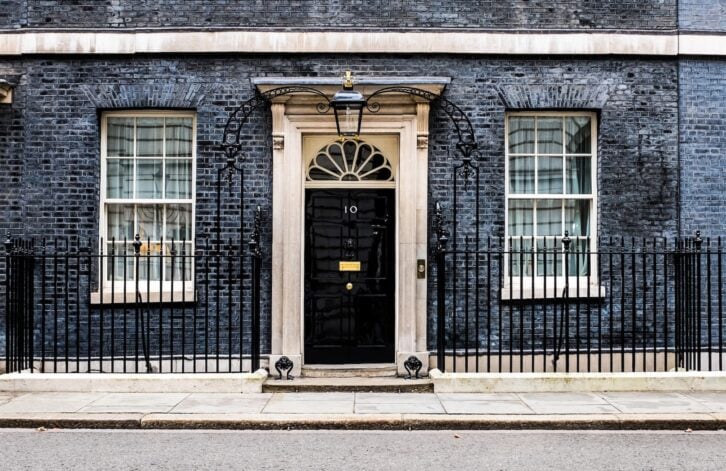For decades, economic growth was a matter of market access, efficiency and liberalisation. Today, that equation has changed. Growth is no longer just about markets – it’s about rules, power, and geopolitics.
Boards and investors must now navigate a landscape where governments are rewriting the playbook on trade, subsidies and regulation at breakneck speed. These shifts increasingly determine which economies thrive and which stall.
Take the UK-US Economic Prosperity Deal. Marketed as a free-trade breakthrough, it is anything but. Washington retained Section 232 powers – the same “national security” tool once used to impose tariffs on allies.
For UK exporters, this means any long-term contract with a US customer carries the risk of being upended by the next administration’s policy swing. Steel, autos, aerospace – entire sectors can be disrupted overnight. On paper, it’s liberalisation; in practice, it’s volatility. ...

